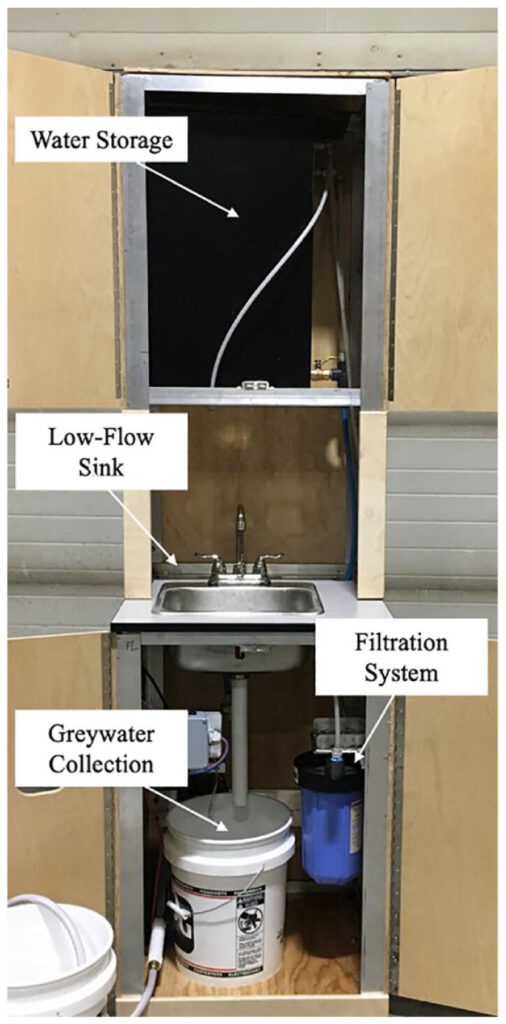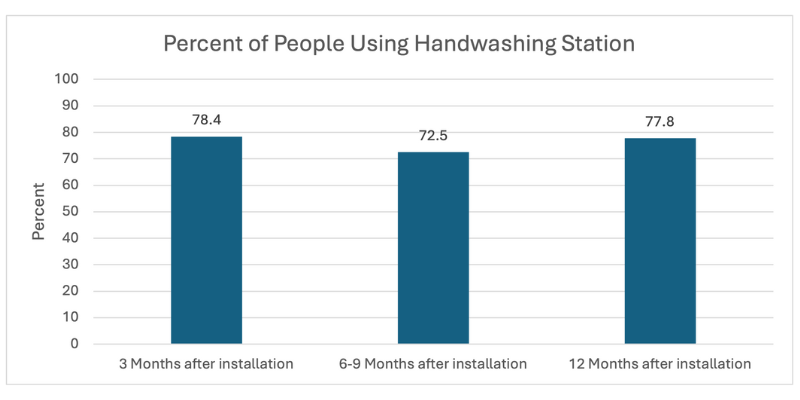Start With the Basics: Handwashing
The Mini-PASS initiative shows that portable water systems can be a safe, effective alternative to modern plumbing in rural communities that lack infrastructure.

Read Time: 2 minutes
Published:
Despite being one of the oldest and simplest public health interventions, handwashing remains a lifesaving act that is often overlooked. Every year, 1.4 million people around the world die from preventable diseases, such as influenza or E. coli—deaths that may have been avoided with proper hand hygiene. Yet, for millions worldwide, access to clean water is still out of reach, putting entire communities at risk.
In rural Alaska Native communities in the United States, more than 3,300 homes lack piped water, creating a major barrier to daily handwashing. In 2021, as COVID-19 surged across the country, the Centers for Disease Control and Prevention launched an initiative to install portable handwashing stations, called Mini-PASS, in Alaskan homes.

The Mini-PASS system (pictured on the right) allows water to be processed through a gravity filter and easily pumped out into a simple handwashing station and, when installed, provides a previously unavailable resource for rural citizens who lack modern plumbing. The goal of these systems is to improve access to hygiene and reduce the spread of harmful bacteria and viruses. Prior to the intervention, persons living in un-piped homes usually transported water from a community-treated source and stored it in 32-gallon plastic buckets at home.
Olivia Harmon and colleagues assessed the utilization of the Mini-PASS system in Alaskan Native communities without water pipes. They conducted phone interviews with households that received handwashing stations, checking in at 3, 6–9, and 12 months after they were installed.
The graph below shows that most households that received the Mini-PASS system continued to use it throughout the study’s follow-up evaluation. Even after 12 months, over 70% of participants continued to use the portable stations for daily handwashing. Many also used the water system for other purposes, such as washing dishes.

Limited storage capacity, transportation challenges, and other factors lead to an uncertain water supply. Residents often recycle water for tasks like handwashing, which increases the risk of pathogen exposure. The Mini-PASS initiative demonstrated that affordable portable water systems can be an effective alternative to fully piped systems, especially in remote areas where infrastructure is lacking.



